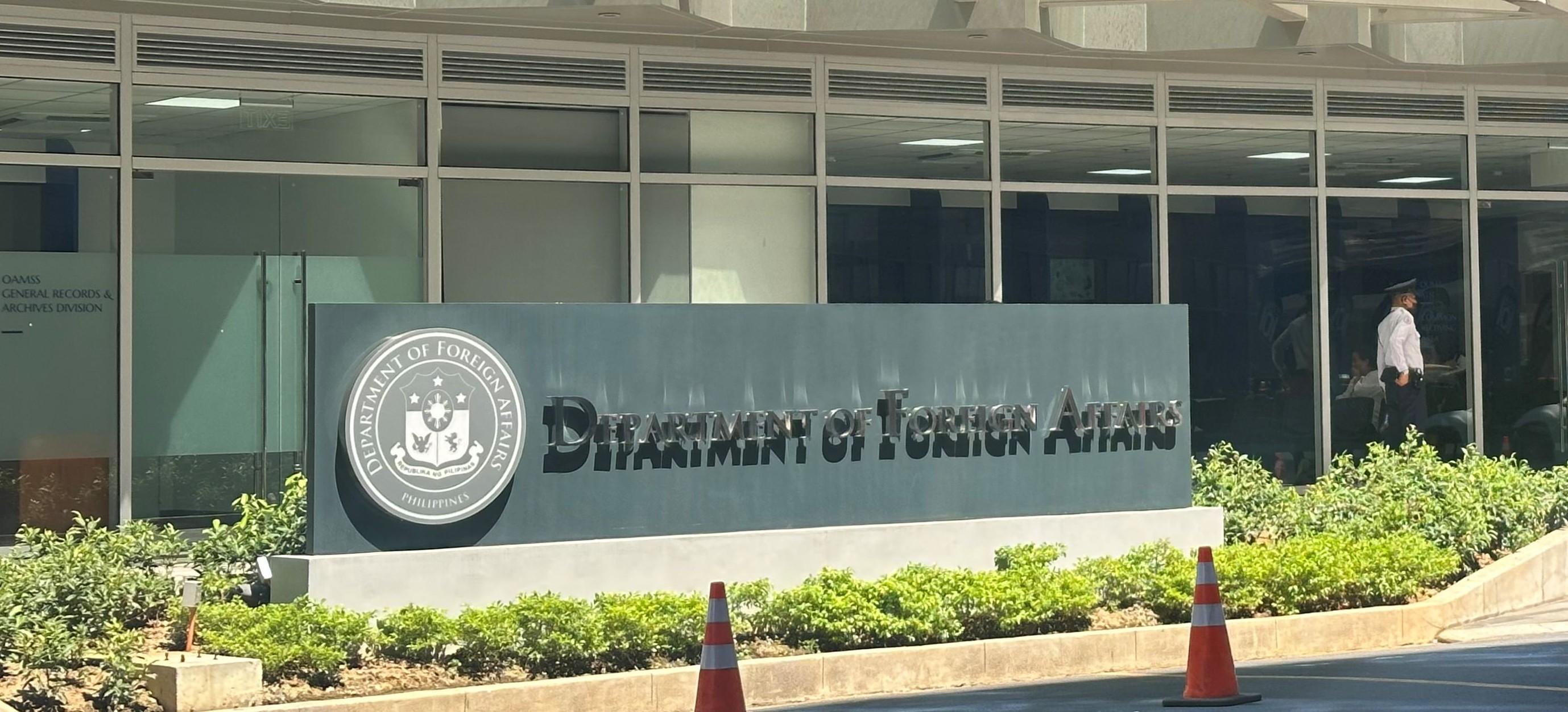PH envoys raised China aggression in WPS during code of conduct talks — DFA

Philippine diplomats raised China's aggressive actions in the South China Sea during last week's three-day negotiations in Manila on a proposed “Code of Conduct” in the disputed waters, the Department of Foreign Affairs said Monday.
GMA News Online first reported on April 11 the negotiations at the level of technical working groups of China and the ASEAN member states, which were co-chaired by Malaysia and China with the Philippines hosting the talks.
"The Philippines voiced its concerns on the situation in the West Philippine Sea, especially with regard to recent incidents that posed risks to Philippine vessels and personnel, and actions by other countries that infringed on the Philippines’ sovereignty, sovereign rights and jurisdiction," the DFA said in a statement.
Manila refers to the stretch of waters in the South China Sea within Manila’s internationally-recognized exclusive economic zone as West Philippine Sea.
Philippine officials at the meeting "strongly" called for the need to adhere to international law, particularly the UN Convention on the Law of the Sea (UNCLOS) and the 2016 South China Sea Arbitral Award won by the Philippines against China.
"The Philippines also reiterated its commitment to resolve disputes peacefully and to pursue constructive diplomatic approaches in managing differences at sea," the DFA said.
Speaking to reporters on Monday, Foreign Secretary Enrique Manalo said the Philippines is committed to an "effective and substantive" code of conduct.
Diplomatic sources have said that the negotiations have advanced to the most contentious issues, called “milestones,” including the scope of the disputed waters it will cover and whether the Code of Conduct should be legally binding or not.
The proposed Code of Conduct aims to set some rules to prevent the intensifying disputes in the South China Sea from spinning out of control and worsening into a major armed conflict that could involve other countries at odds with China. The negotiations, however, have suffered delays and have dragged on for more than a decade.
Four ASEAN member states — Malaysia, the Philippines, Vietnam and Brunei — are involved in the long-unresolved territorial disputes. China and Taiwan have similar claims virtually in the entire sea body, which is an important passageway.
The Philippines will assume the ASEAN chairmanship next year. Conflicts between Chinese and Philippine Coast Guard and Navy personnel and ships have particularly flared under President Ferdinand Marcos Jr., who has considerably strengthened the country’s alliance and military and defense ties with the United States.
China’s actions have also raised concerns elsewhere in the region. Vietnam and Indonesia have tried to push back Chinese fishing fleets backed by the Chinese Coast Guard in their Exclusive Economic Zones.
In June 2021, Malaysia strongly protested after 16 People’s Liberation Army Air Force planes flew over its EEZ, forcing the Malaysian Air Force to scramble jets to observe the Chinese aircraft which flew within 60 nautical miles off Sarawak state of Malaysian Borneo. — RSJ, GMA Integrated News





